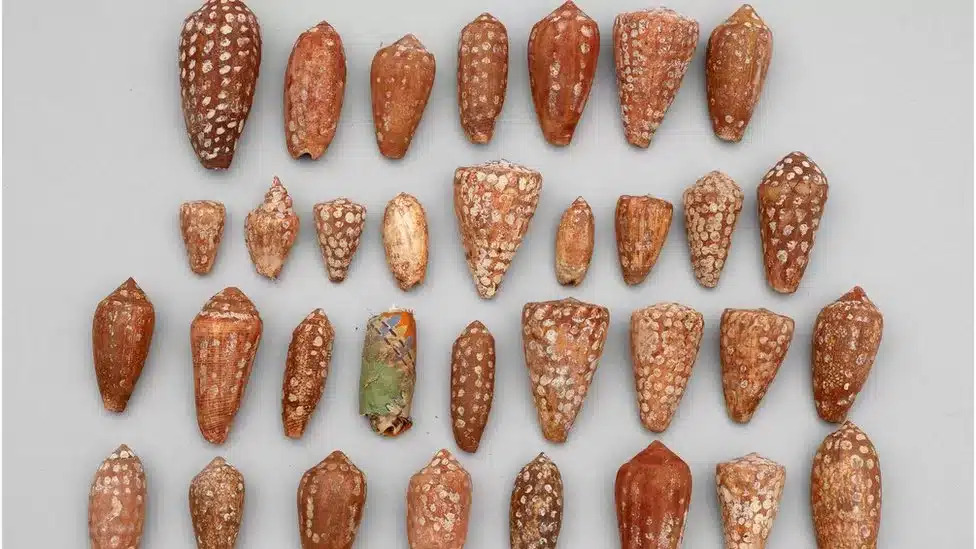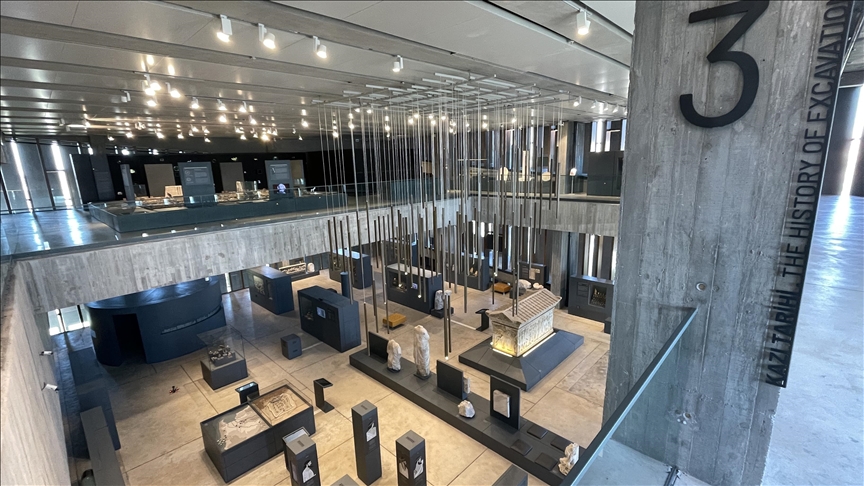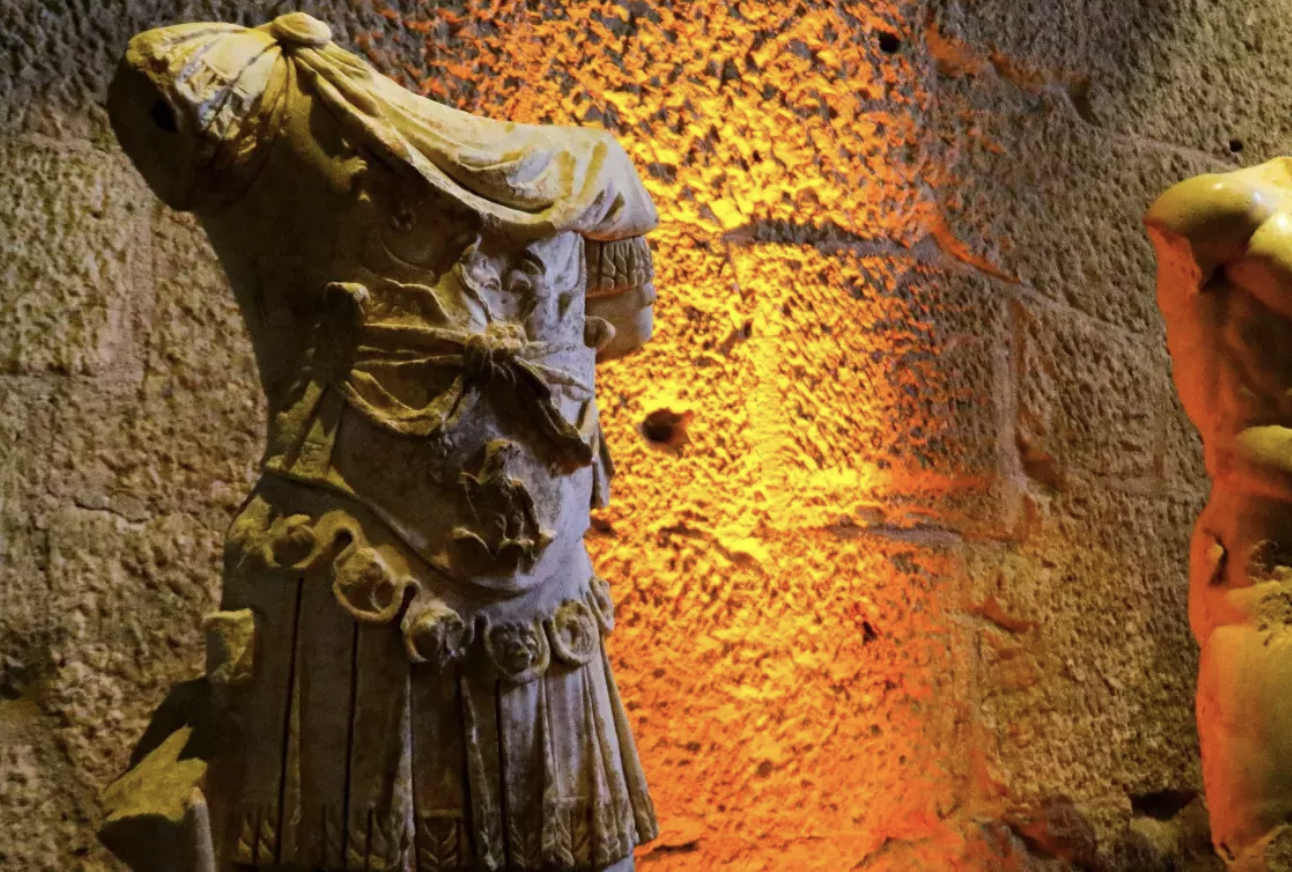In a groundbreaking act of cultural repatriation, a museum in the United Kingdom is giving back over 174 artefacts to the Anindilyakwa Indigenous community in Australia. The Manchester Museum’s initiative is especially noteworthy because such projects usually focus on the return of sacred or ritual objects, often considered to be unlawfully acquired or taken under distressing conditions.
Instead, Manchester Museum is returning commonplace items that include shell dolls, baskets, fishing harpoons, boomerangs, armlets, and a turtle-shell map. These artefacts are set to make their way back to the Anindilyakwa people, residing on a group of islands in the Gulf of Carpentaria, off Australia’s northern coastline.
The anticipated impact is that the returned items will invigorate and enrich Anindilyakwa culture, serving as educational tools for younger generations. Esme Ward, Manchester Museum’s director, commented, “This represents the future direction for museums. While we aren’t dictating what other institutions should do, we hope our actions inspire a relational approach to collections.”
Various organizations, including UNESCO, are optimistic that this initiative could serve as a blueprint for other museums. Krista Pikkat, UNESCO’s cultural and emergencies director, who was present during the formal transfer of the artefacts, described it as an “extraordinary and poignant moment.” She added, “The act transcends mere transactional repatriation; it is built on mutual respect, empathy, and love.”
Peter Worsley, an anthropology scholar who later became a professor, originally acquired or traded for these artifacts in the 1950s during his research on Indigenous Australians. Deborah Worsley, his daughter, who attended the ceremony, said her father “would be absolutely delighted.”
The Anindilyakwa community, comprised of approximately 1,600 individuals and 14 clans, had an active say in deciding which items should be returned. Georgina Young, the museum’s head of collections, emphasized the significance of collaborating directly with the community elders on their native land, noting that it gave her insights that couldn’t be achieved in a Manchester storage room.
The returned items have not been on public display or used for educational purposes for an extended period. Despite the divisive nature of repatriation issues, Esme Ward underscored the project as a gain rather than a loss. “This initiative is a remarkable gift, not just to the Anindilyakwa people, but also to the community in Manchester,” she stated.
Three Anindilyakwa representatives were present in Manchester for the transfer. They expressed the hope that other institutions would follow suit. Noeleen Lalara, a senior elder, shared that the original traders of the 1950s believed the items were on loan and didn’t fully grasp the implications of the transaction. “I am both happy and proud for our community,” she said. This sentiment was reiterated by emerging leader Amethea Mamarika: “We’re grateful the artifacts are returning to their rightful place, helping to educate our youth about their heritage. Thank you for preserving them.”







